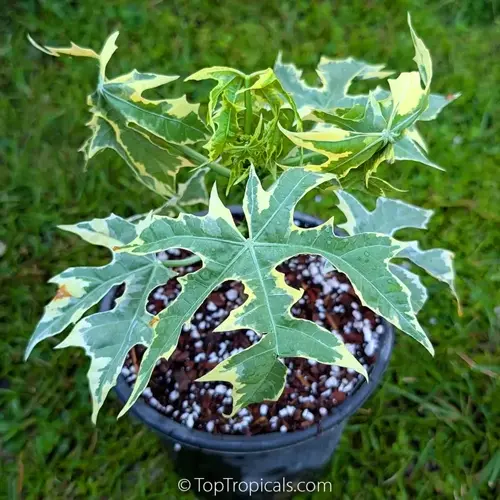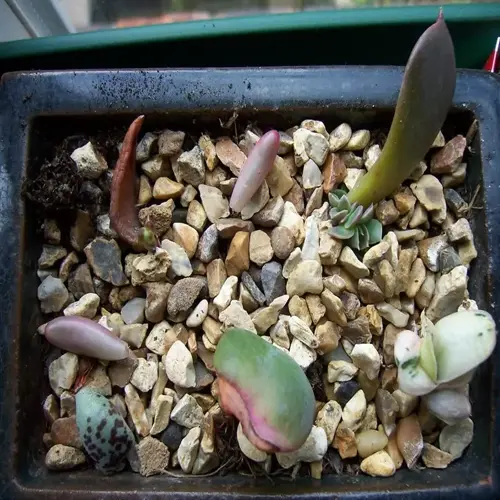Can you reuse buckets for multiple seasons?

Written by
Julia Anderson
Reviewed by
Prof. Charles Hartman, Ph.D.Using buckets for multiple seasons when growing upside-down tomatoes can save money and help reduce waste. Food-grade plastic containers can be reused many times if properly preserved between growing cycles. Buckets must be sterilized completely, and fabric liners must be replaced annually. I have reused my buckets for four years under these practices.
Sterilization Process
- Soak buckets in bleach solution (1 part bleach to 9 parts water)
- Scrub interior surfaces to remove mineral deposits
- Rinse thoroughly before air-drying completely
Structural Inspection
- Check for hairline cracks around hanging points
- Test plastic flexibility in cold temperatures
- Ensure drainage holes remain intact and unclogged
Liner Replacement
- Swap fabric liners annually as they degrade
- Burlap lasts one season while synthetic fabrics last two
- Cut new liners slightly larger than previous versions
Keeping store buckets indoors in winter will prolong their life. I put mine in my garage after they are sterilized to avoid UV rays and freezing cracks. You also maintain the integrity of the plastic by not exposing it to extreme temperatures between growing seasons. This single tip can help you save even more years of usability from your buckets.
Regardless of the state of the bucket, all hardware should be replaced annually. Each spring, I replace all hooks and ropes to eliminate the possibility of failure. You can keep your tomato secure through all windstorms with brand-new hardware. This safety measure is inexpensive compared to the peace of mind you get.
Even with proper maintenance, buckets sometimes need to be retired. After five years of great care, my buckets developed small cracks around the drainage holes last year. You should buy a new bucket if you see that it is beginning to show brittleness, or if the buckets are becoming warped and no longer properly support the structure of the bucket. New buckets can give you the performance you want every season.
Reinvent those old buckets in unique ways once they've served their duty as tomato buckets. I tend to recycle them as compost bins or to store tools; instead of throwing them in the waste stream, I extend the life of durable plastic. It is a win-win for the environment and adds sustainability to your garden.
Read the full article: How to Grow Tomatoes Upside Down Successfully

